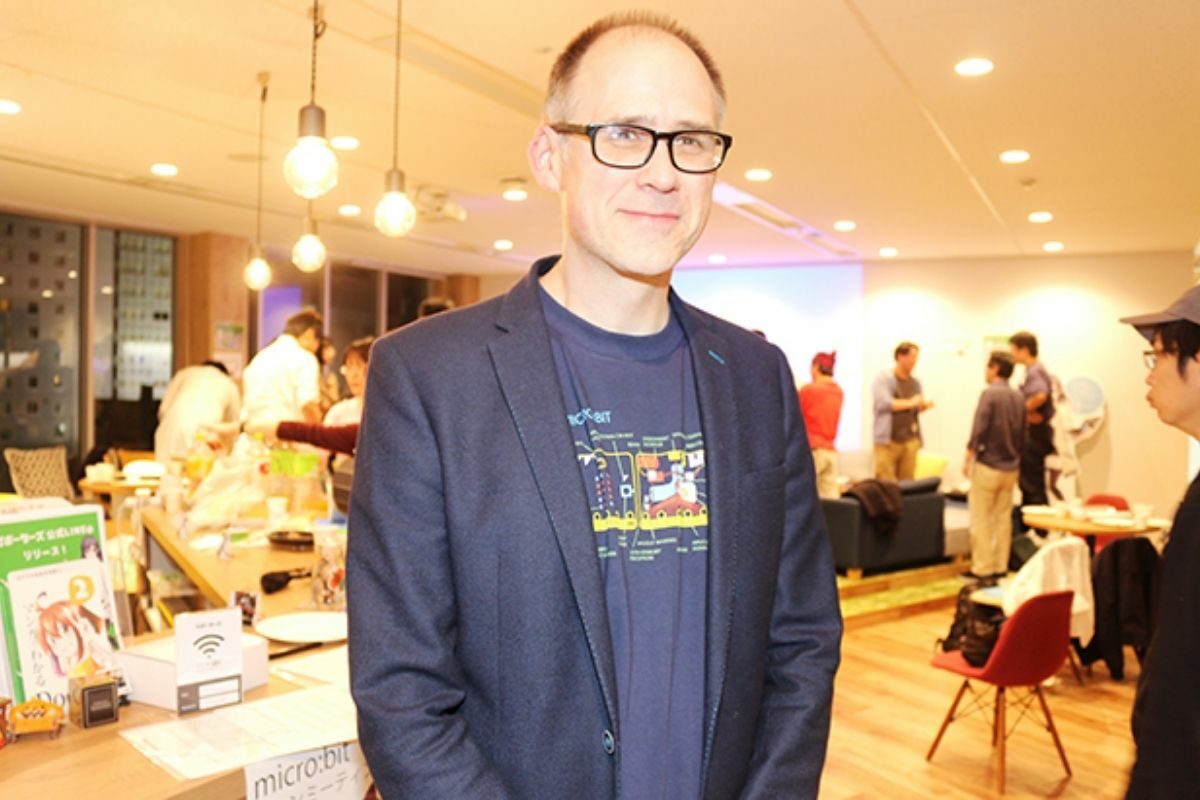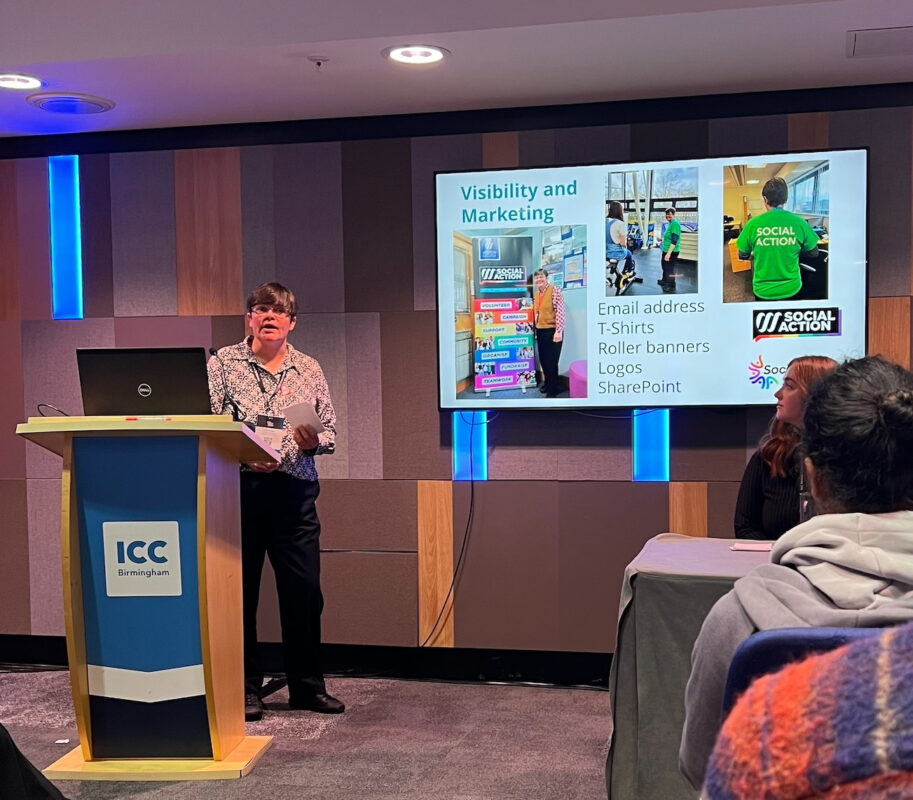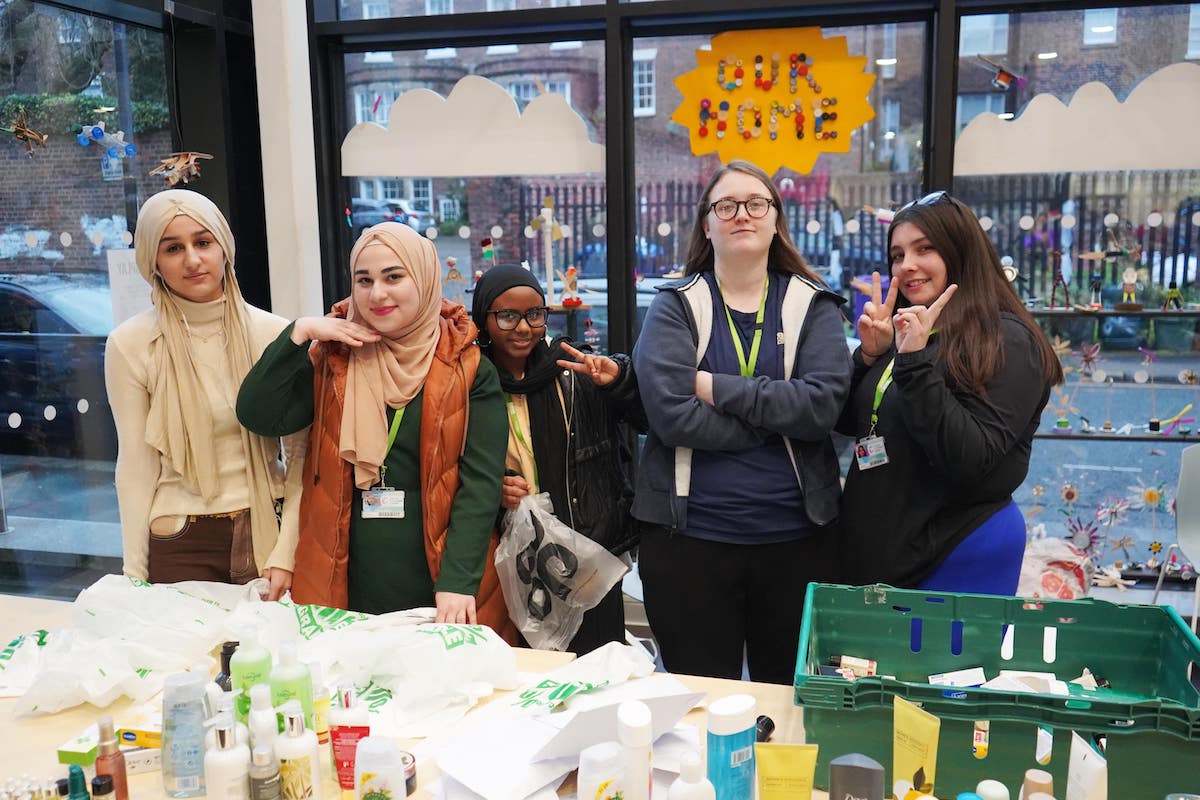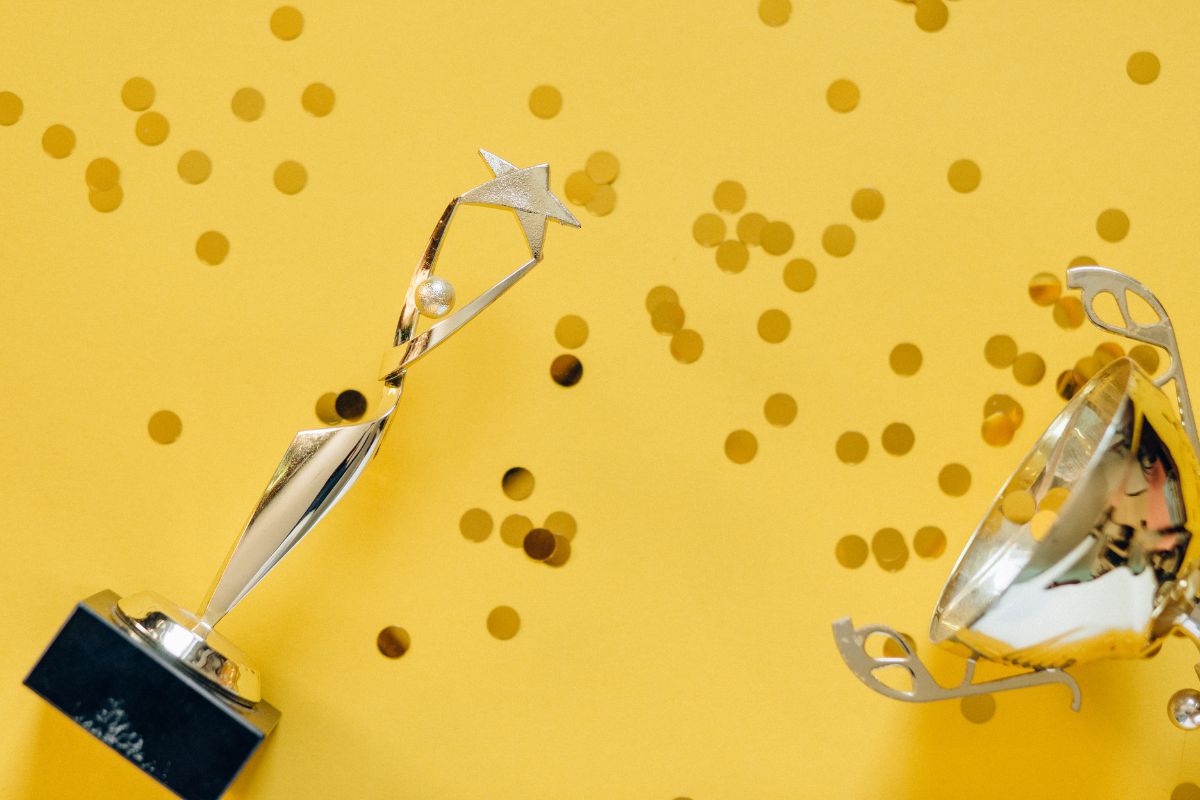The young inventors inspired by the world’s biggest problems

Our youngest generations are feeling the weight of some of the world’s biggest problems on their shoulders. Climate anxiety is at an all-time high, with a recent survey finding 60% of young people are worried or extremely worried about climate change. Undoubtedly, technology will play a significant role in mitigating the impact of climate change. But for the children facing these big issues in their future, technology can also play another role in inspiring them to think creatively and feel more positive about the change they can make.
Coding and digital skills are hugely empowering for children, inspiring more creative thinking, improving problem solving, as well as offering an outlet for fun. While climate change may be a big worry for today’s youth, bringing children into these issues, and offering technology as an outlet to consider solutions, can help foster hope, more positive feelings and encourage more to take up rewarding digital careers in the future.
With just entry-level programming devices at their disposal, our next generation of inventors are already taking on some of the world’s biggest problems using programming.
Asking kids to ‘do your bit’
In 2015, the UN created the Sustainable Development Goals (SDGs) to inspire countries take action to protect the planet. The 17 interlinked global goals were designed as a “blueprint to achieve a better and more sustainable future for all.” Taking these SDGs as our starting point, the Micro:bit Educational Foundation – a UK not-for-profit organisation aiming to inspire every child to create their best digital future – launched the do your :bit challenge in 2019.
The challenge brings together our micro:bit technology with a call for 8–18-year-olds to develop world-changing ideas and solutions using technology. The key pillar in this is the BBC micro:bit device, a pocket-size single board computer designed to help teach children from as young as primary school age how to code. Back in 2016, the BBC micro:bit launched by giving devices free to every year 7 child in the UK. Today, the Foundation is truly global, with over six million devices in circulation across classrooms and coding clubs all over the world. The devices are designed to have a low floor but a high ceiling, meaning they’re super accessible for beginners but also have huge scope to be used for more complex, advanced projects.
Inventions for the age of change
The do your :bit challenge adds social purpose to learning digital skills and allows students to apply those skills to real world challenges, especially in the context of their local communities. Here are some of the highlight inventions from last year’s competition, which have taken pollution, the energy crisis, and habitat protection as starting points.
Cleaning up pollution
- Kenna and Margot from the US created a portable filtration device, dedicated to achieving Global Goal 6: clean water and sanitation. In their creation, micro:bit controlled UV LEDs work to sterilize drinking water. The device is also solar-powered – making it affordable, sustainable, and portable.
- Danylo, Oleksandra and Volodymyr designed a 3D-printed cleaning boat to help sanitise a polluted river near where they live in Ukraine. The team worked hard to create a prototype in their robotics class at school and updated the boat after it was tested to make it more efficient.
- Mahmoud and Yasmina from Lebanon worked together to create ‘G.A.N.T – Gas and Noise Trapper’. The device protects people from noise and air pollution. G.A.N.T uses sound and gas sensors attached to the micro:bit to measure smoke and noise levels. If it detects dangerous levels, the micro:bit triggers a server to shut the window.
Creating renewable energy and recycling
- Theo, Harry, and Timofei from Italy wanted to create an efficient and affordable solar panel to make reusable energy more appealing and accessible. Using the micro:bit’s light sensors and servos, their solar panel constantly moves to ensure it always faces the sun, improving its effectiveness in generating renewable energy.
- Arieh and Samuel from Costa Rica built a prototype to work towards achieving Global Goal 13: Climate Action. Together, they created a 3D-printed, solar-powered electric boat that is both more cost effective and renewable. They created two prototypes and tested them on the water before choosing the most effective elements of each one for their final design.
Protecting habitats and wildlife
- Cheng-En, Ko-Hsin and Zi Qing from Taiwan realised that rapid climate change was contributing to rising water levels, putting birds who previously relied on the river for their habitats in danger. Using the micro:bit, the ‘best birds guardian’ senses rising water and pulls the birds’ nest to safety on the river shore.
- Emily, Melanie, and Valentina from Uraguay created a huge model to illustrate how their idea, a safe environment for bees, would work. The device measures temperature and humidity and counts the number of bees visiting.
What’s next?
The do your :bit campaign is an annual event, with this year’s challenge now open for new submissions. It also offers educators a whole host of inspiring activities to kick-start creative and innovative thinking in the participating youngsters.
To get involved, students aged 8-18 need to come up with a design and prototype of their world-changing invention and submit it to one of the challenge categories by the 15th of July 2022.
While the world’s biggest problems are far from solved, it’s inspiring to see how creatively and positively children respond and consider their environment when empowered with technology – even tech as small and mighty as the BBC micro:bit! The next step for our tech-savvy young inventors is undoubtedly bright.
By Gareth Stockdale, CEO at Micro:bit Educational Foundation











Responses